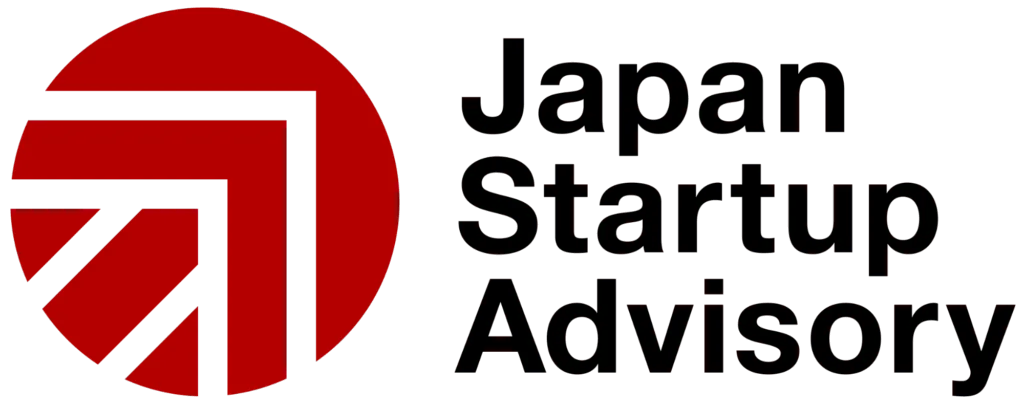What do Aesop, Blue Bottle Coffee, and Patagonia have in common?
They all found early traction in Japan — and used that credibility to multiply their growth worldwide.
- Aesop opened in Tokyo in 2003. By 2014, Japan had become a top market for the brand. Their carefully designed stores and customer experience resonated strongly with Japanese consumers. When L’Oréal acquired Aesop for $2.5 billion in 2023, Japan was cited as one of the brand’s strongest and most profitable regions.
- Blue Bottle Coffee launched in Kiyosumi, Tokyo in 2015. The opening caused such a frenzy that some customers waited over four hours in line. Today, nearly a third of their global locations are in Japan. The brand’s success here helped reinforce its premium positioning and expand further across Asia and beyond.
- Patagonia has built an especially loyal following in Japan, where consumers resonate with its environmental mission, repair-first philosophy, and product longevity. Its Tokyo store is one of the company’s most iconic, and the brand regularly pilots new concepts in the Japanese market.
Why Japan Matters
Success in Japan is not just about local revenue — it’s about global credibility. Products and brands that earn loyalty here are seen across Asia and beyond as premium, trustworthy, and reliable. The Japanese market amplifies the best parts of a brand — precision, quality, attention to detail, design.
Japan also sharpens your business. It pushes companies to refine their customer experience, perfect their operations, and clarify their purpose. Many businesses that succeed here find themselves stronger, more resilient, and more desirable to partners and consumers in other markets.
We’ve seen this across multiple industries — from luxury goods to food, outdoor gear to skincare. If your brand can thrive in Japan, chances are it’s ready for the world.
For those who appreciate long-term value and strategic growth, Japan isn’t just another market. It’s a multiplier.

